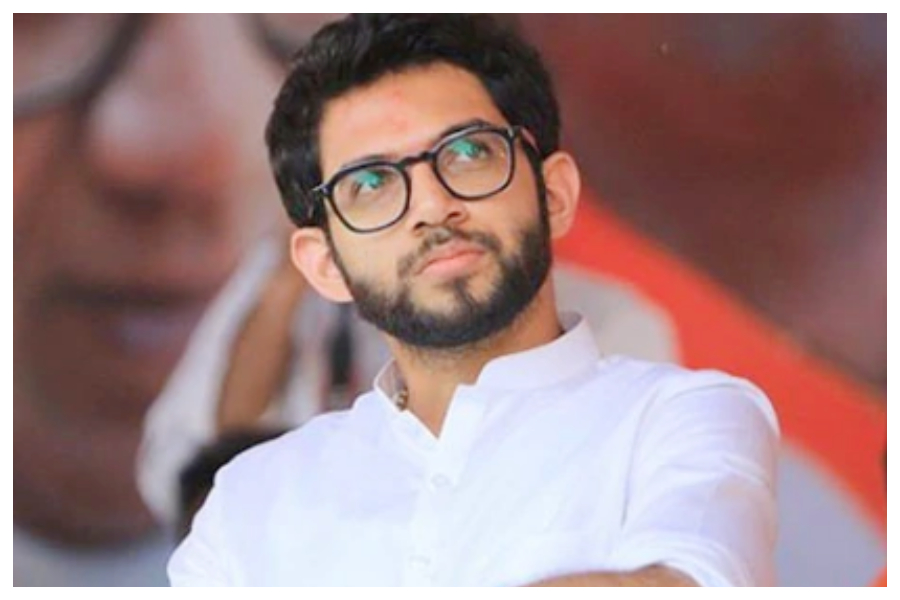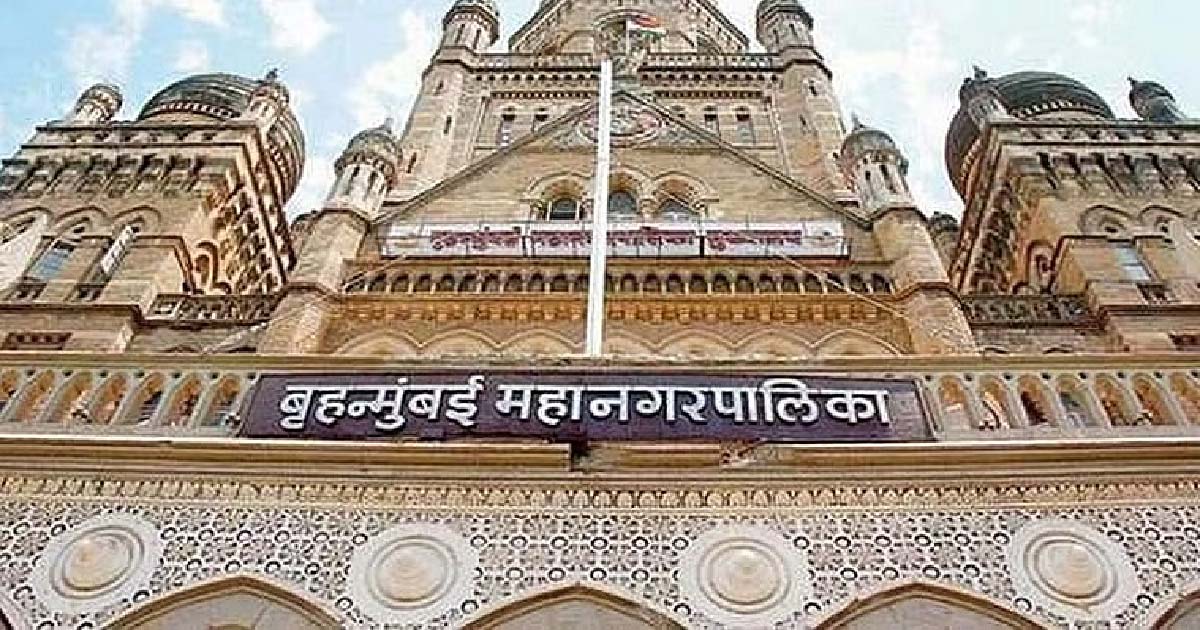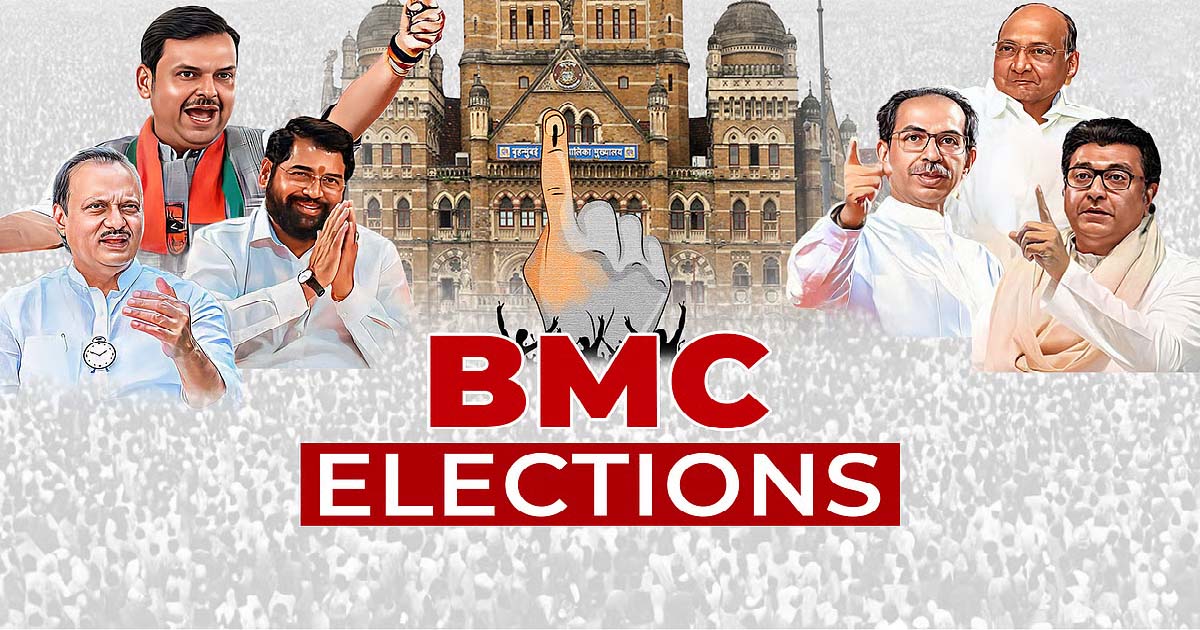Maharashtra
Kids in protest: Child rights panel wants FIR against Aditya Thackeray

In a big jolt, the National Commission for Protection of Child Rights (NCPCR) has asked the Mumbai Police to lodge a first information report against Shiv Sena’s ex-Minister Aditya Thackeray for alleged use of minor children in his campaigns, here on Monday.
NCPCR Registrar Anu Chaudhary has shot off a letter to Commissioner of Police Vivek Phansalkar following a complaint to the effect received from one Dhrutiman Joshi of Sahyadri Rights Forum.
Joshi has contended that Aditya Thackeray, 32, – son of ex-Chief Minister Uddhav Thackeray – allegedly used minor kids in various social activities, protests and political campaigns in “so-called Save Aarey Protest” held recently.
The complainant said that social media links of the protest shows several minor children participating, standing in rows holding placards, during the agitation.
Taking cognizance of the complaint, NCPCR Registrar Chaudhary said that the action is prima facie violative of the various prevalent child rights laws and the IPC.
“ln view of the above, the Commission thereby requests you to investigate the matter urgently by lodging an FIR against the accused person(s), at once. The children should be identified and produced before the Child Welfare Committee as per Juvenile Justice Act, 2015 for recording their statements,” Chaudhary told the Mumbai Police Chief.
The child panel rights chief has also sought an Action Taken Report along with a copy of FIR and statements of children recorded by the Mumbai Police to be shared with the NCPCR within 3 days from receipt of her letter.
It may be recalled that since July 1, there have been online and physical protests by activists, local tribals and political parties, to save the Aarey Colony forests and slamming the new state government’s move to construct the Mumbai Metro car-shed here from the earlier proposed site of Kanjurmarg.
Maharashtra
Mumbai Civic Healthcare Goes Digital: BMC Launches Health Chatbot To Improve Access, Transparency And Efficiency

Mumbai, Dec 15: In a major step towards strengthening digital public healthcare, the Brihanmumbai Municipal Corporation (BMC) on Monday launched a health chatbot aimed at improving accessibility, transparency, and efficiency of healthcare services for citizens.
The digital service was inaugurated by State Minister for Information Technology and Cultural Affairs and Mumbai Suburban District Guardian Minister Ashish Shelar. The initiative marks another milestone in BMC’s ongoing efforts to integrate technology with civic health services.
As part of its digital transformation drive, the health chatbot will provide citizens with easy access to verified health-related information, including disease awareness, preventive care, public health campaigns, and details of nearby healthcare facilities. The chatbot is available on the mobile number 9892993368.
BMC Commissioner and Administrator Bhushan Gagrani said the initiative aligns with the civic body’s vision of making public health information easily accessible through digital platforms. Technology-driven services, he noted, will save citizens’ time and play a crucial role during healthcare emergencies.
Through the chatbot, citizens can access information on online OPD appointment registration, health certificates, licensing procedures, birth and death certificates, marriage registration, disability certificates, and maternity home licences. An online registration facility for health centres is expected to significantly reduce waiting times and improve convenience.
In the coming months, the chatbot will also provide details of state and central government health schemes. The BMC further plans to launch a dedicated healthcare website, along with OPD and bed-availability dashboards, to simplify access to health services and real-time information for Mumbai’s residents.
Maharashtra
Police attacked during group clash in Kandivali… Five arrested, police in action mode, case registered

Mumbai: The police have claimed to have arrested five people for attacking the police in the Kandivali area, while two are still absconding. According to details, some people attacked the police in Ekta Nagar, Kandivali, and after this attack, the video went viral on social media, after which the police immediately registered a case and arrested five accused. According to details, at 8:45 pm last night, violence was going on between two groups in Laljipara Ekta Nagar. Bhim Kanojia, a member of one of the groups, complained to the bat marshal and the bat marshal here instructed Pappu Jha to go to the police station and asked him to sit in the van. During this, he started arguing and arguing with the complainant, in addition to abusing him. When police officer Kanbhare and police havaldar Khot reached to help the complainant, he also beat them up and interfered in official work, after which the police arrested Vicky Singh, Pappu Jha from the spot in this case, while Chandrakant Jha, Suman Jha and Guddu Jha were arrested later. So far, 5 people have been arrested in this case. The police have registered a case against the accused on the complaint of the complainant Sagar Saddam Babar, a 32-year-old policeman. The police have booked them under sections of BNS. A case has been registered under sections 121(1), 221, 189(3), 191(2), 190, 324, 352 of the IPC and the search for the absconding accused is underway, confirmed DCP Sandeep Jadhav. He said that CCTV footage is also being taken for further action in this matter and a police team has been mobilized to identify the accused. The incidents of attacks on the police have increased to an alarming extent, after which the issue of police safety has now arisen. While the police provide protection to the public, now the attack on the police by miscreants is alarming. Earlier, an attack was also carried out on the police in Malad, after which a case was registered and the accused were paraded.
Maharashtra
Mumbai Civic Body Elections to Be Held on January 15; Counting Scheduled for January 16

Mumbai: (Kamar Ansari) The State Election Commission has announced that elections to the Brihanmumbai Municipal Corporation (BMC) will be conducted on January 15, with the counting of votes scheduled for January 16. The announcement brings clarity on the long-awaited civic polls in India’s financial capital.
The Election Commission announced the schedule for elections to 29 municipal corporations, stating that nomination papers for all municipal corporation polls will be accepted only in offline mode, and the voter list will be based on the July 25, 2025 electoral roll.
Election Schedule
Nomination Period: December 23 to December 30, 2025
Scrutiny of Applications: December 31, 2025
Withdrawal of Candidature: January 2, 2026
Final Candidate List & Symbol Allotment: January 3, 2026
Polling Date: January 15, 2026
Counting of Votes: January 16, 2026
The Mumbai civic elections form part of the broader Maharashtra local body election process, which includes polls for municipal corporations, municipal councils, and other local bodies across the state. The decision aims to complete the entire election process within the stipulated legal timeframe.
The BMC, India’s richest civic body, has been functioning without an elected house for several years and has remained under administrative control. The upcoming elections are expected to restore elected representation and accountability in the city’s civic governance.
Political parties have begun preparations for an intensive campaign, with key civic issues such as road conditions, water supply, solid waste management, flood control, housing redevelopment, and environmental protection expected to dominate the election discourse.
The State Election Commission is likely to issue a detailed election programme in the coming days, including nomination schedules, scrutiny dates, and campaigning guidelines. Security arrangements and election machinery are also being put in place to ensure a smooth and transparent polling process across Mumbai.
The announcement has generated significant political activity, with all major parties viewing the BMC elections as a crucial contest that will shape Mumbai’s administrative and political future.
-

 Crime3 years ago
Crime3 years agoClass 10 student jumps to death in Jaipur
-

 Maharashtra1 year ago
Maharashtra1 year agoMumbai Local Train Update: Central Railway’s New Timetable Comes Into Effect; Check Full List Of Revised Timings & Stations
-

 Maharashtra1 year ago
Maharashtra1 year agoMumbai To Go Toll-Free Tonight! Maharashtra Govt Announces Complete Toll Waiver For Light Motor Vehicles At All 5 Entry Points Of City
-

 Maharashtra1 year ago
Maharashtra1 year agoFalse photo of Imtiaz Jaleel’s rally, exposing the fooling conspiracy
-

 National News1 year ago
National News1 year agoMinistry of Railways rolls out Special Drive 4.0 with focus on digitisation, cleanliness, inclusiveness and grievance redressal
-

 Maharashtra1 year ago
Maharashtra1 year agoMaharashtra Elections 2024: Mumbai Metro & BEST Services Extended Till Midnight On Voting Day
-

 National News1 year ago
National News1 year agoJ&K: 4 Jawans Killed, 28 Injured After Bus Carrying BSF Personnel For Poll Duty Falls Into Gorge In Budgam; Terrifying Visuals Surface
-

 Crime1 year ago
Crime1 year agoBaba Siddique Murder: Mumbai Police Unable To Get Lawrence Bishnoi Custody Due To Home Ministry Order, Says Report












